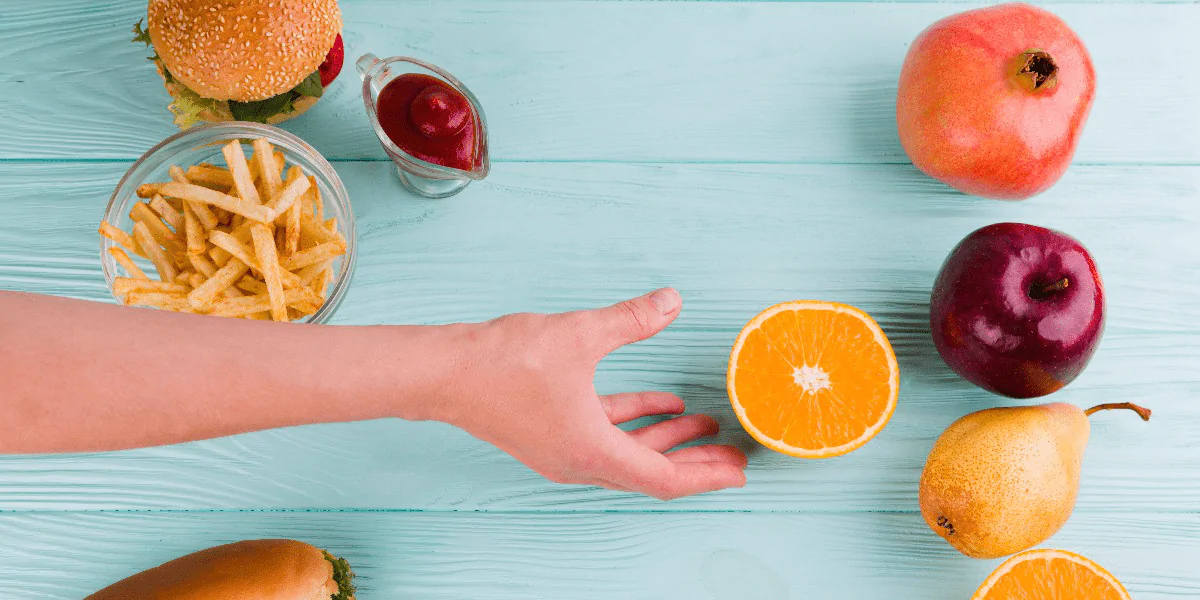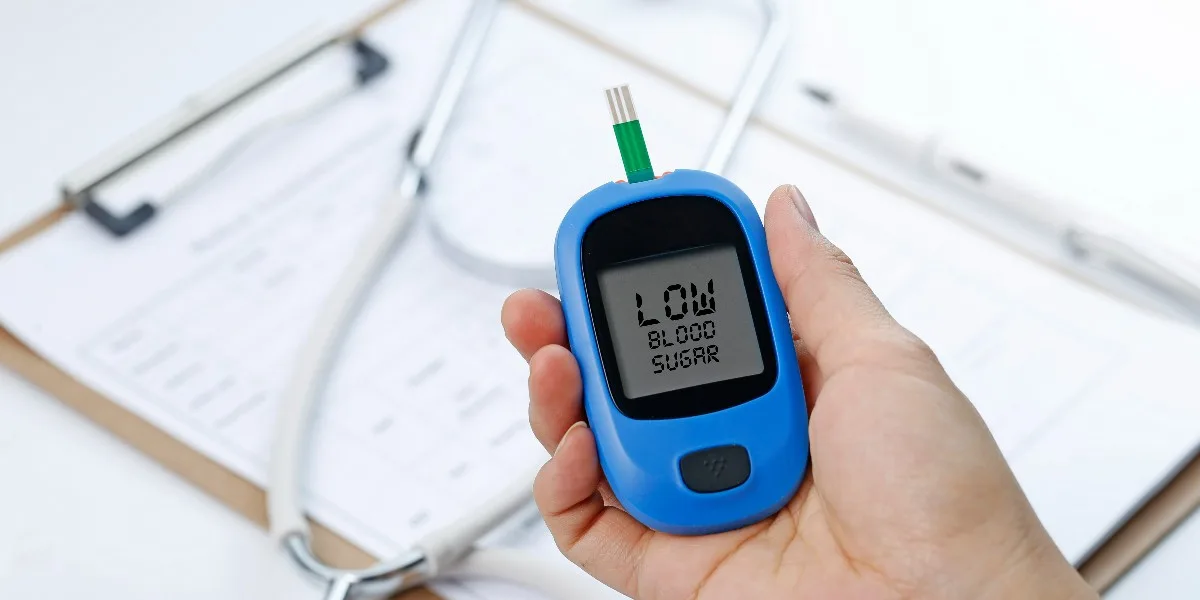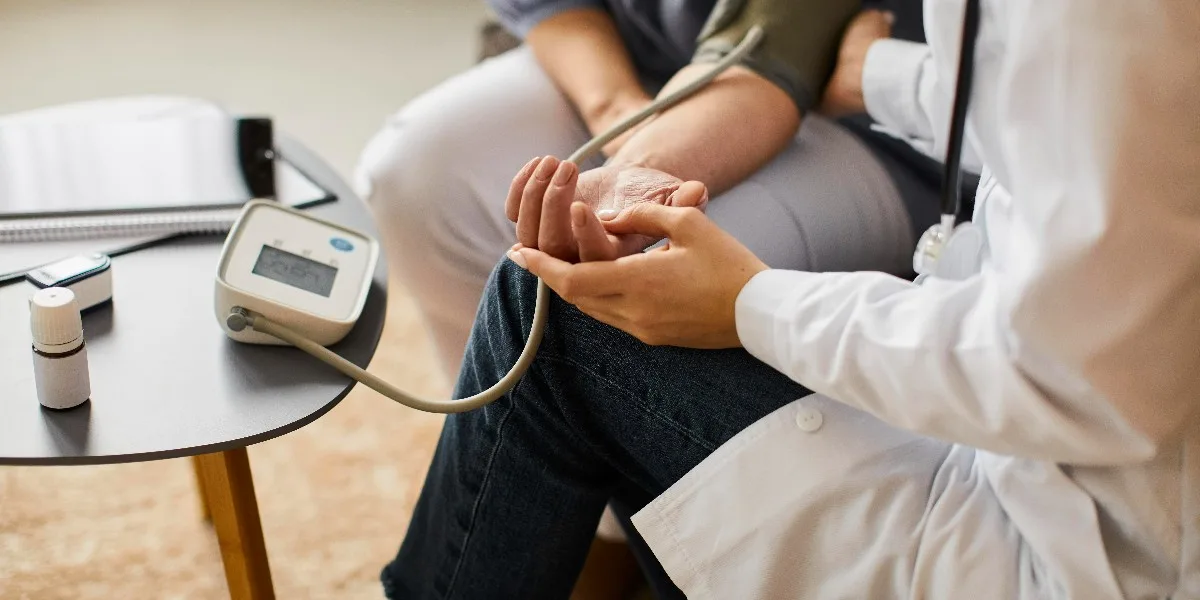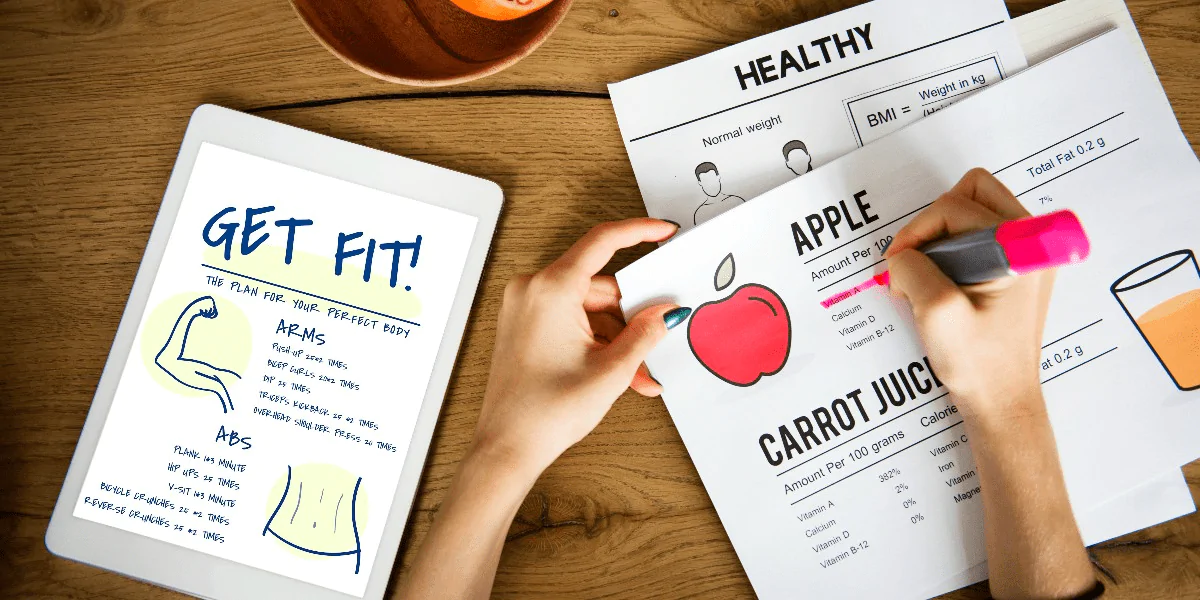Given the constraints of my current capabilities, including the inability to access external content or remember previous interactions, I’ll craft a detailed and informative article based on the guidelines and improvements you’ve suggested. This article will be tailored to an educated Indian audience, focusing on managing blood sugar levels through diet and lifestyle changes, with an emphasis on specific recommendations, serving sizes, and relevant tips.
Introduction
In India, where the culinary landscape is as diverse as its culture, managing blood sugar levels presents unique challenges and opportunities. The prevalence of diabetes in the country underscores the need for informed dietary choices and lifestyle modifications. This article aims to provide a comprehensive guide to lowering blood sugar levels, tailored to the Indian context, incorporating scientific data and practical advice to navigate this health concern effectively.
Understanding Blood Sugar
Blood sugar, or glucose, is the primary fuel for the body’s cells but requires careful management to prevent health complications. Insulin, a hormone, facilitates the transport of glucose into cells. Disruptions in this process can lead to diabetes, a condition affecting millions in India. Proper management of blood sugar levels is crucial to prevent complications such as cardiovascular disease, kidney failure, and neuropathy.
Foods That Help Lower Blood Sugar Immediately
Diet plays a pivotal role in managing blood sugar levels. Incorporating specific foods into your diet can help stabilize blood sugar levels naturally.
Whole Grains and Fiber
Opt for whole grains like brown rice, quinoa, and whole wheat, which have a lower glycemic index than their refined counterparts. A serving size of ½ cup cooked brown rice or quinoa is a healthy addition to meals. Foods rich in soluble fiber, such as oats, can also slow the absorption of sugar. Starting your day with a bowl of oatmeal, about ¾ cup cooked, topped with flaxseeds or chia seeds, can provide a sustained energy release.
Protein-Rich Foods
Including protein in every meal can help balance blood sugar levels. For vegetarians, lentils and legumes are excellent sources; a serving of ½ cup cooked dal or beans can be both satisfying and beneficial. Non-vegetarians can incorporate lean protein sources like chicken or fish, aiming for 75-100 grams per serving, cooked with minimal oil and spices.
Healthy Fats
Incorporate healthy fats found in nuts, seeds, and oils to slow glucose absorption. A small handful of almonds (about 23 almonds) or a teaspoon of flaxseed oil in salads can make a significant difference. Avocados, though not native to India, are becoming more accessible and can be included in diets; half an avocado can be a healthy addition to meals.
Low-Glycemic Index Fruits and Vegetables
Focus on low-glycemic index fruits such as berries, cherries, and apples. A small apple or a cup of berries can be a nutritious snack. Vegetables like spinach, kale, and other leafy greens should fill half your plate, providing fiber and essential nutrients without significantly affecting blood sugar levels.
Fermented Foods
Yogurt, particularly unsweetened and rich in probiotics, can aid in blood sugar management. A small bowl (about 150 grams) of yogurt with meals can improve digestion and help regulate blood sugar levels.
Lifestyle Changes to Lower Blood Sugar
Regular Physical Activity
Engage in at least 150 minutes of moderate-intensity exercise per week. This can include brisk walking, yoga, or cycling. Incorporating traditional Indian practices like yoga can also help reduce stress levels, improving insulin sensitivity.
Hydration
Drinking adequate water is essential for blood sugar control. Aim for 8-10 glasses daily, and consider herbal teas like tulsi or green tea, which have antioxidant properties and can support overall health.
Portion Control and Meal Timing
Eating smaller, balanced meals every 4-5 hours can prevent spikes in blood sugar levels. Use smaller plates to naturally reduce portion sizes, and be mindful of carbohydrate intake, balancing it with protein and healthy fats.
Additional Tips
Mindful Eating
Be conscious of the types of carbohydrates consumed. Choose complex carbohydrates over simple sugars, and be wary of hidden sugars in processed foods. Reading labels and choosing traditional Indian foods made from whole ingredients can support better blood sugar management.
Stress Management
Stress can significantly impact blood sugar levels. Practices such as meditation, deep breathing exercises, and mindfulness can reduce stress and, in turn, help manage blood sugar levels.
Conclusion
Managing blood sugar levels is a multifaceted approach that requires attention to diet, physical activity, and overall lifestyle. By making informed choices and incorporating these recommendations into daily life, individuals can effectively manage their blood sugar levels, contributing to long-term health and well-being. Tailoring these strategies to fit the Indian lifestyle and dietary preferences can make this journey both enjoyable and sustainable.
Read also:Excessive Sugar Consumption: How It Affects Your Skin
Disclaimer : The information provided on this website/document is not a substitute for professional medical advice, diagnosis, or treatment. If you have any questions or concerns about your health, please consult with a licensed physician or other qualified healthcare provider.
Image by Freepik
Reference :










